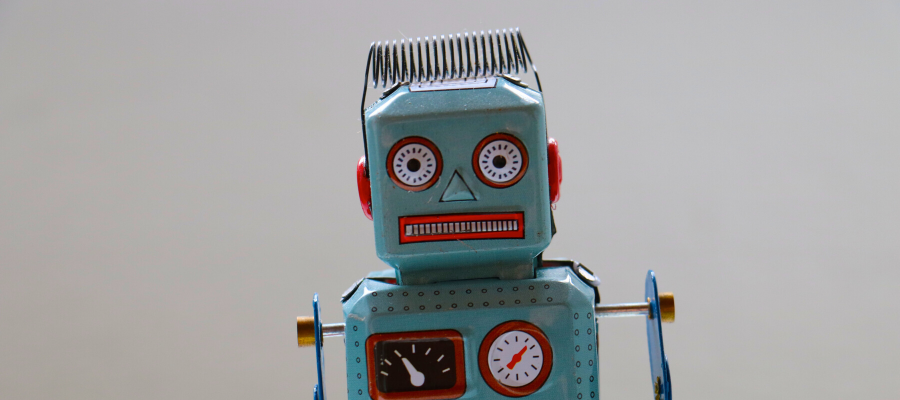Prostitution and the Sex Trade
Oct 14, 2012Some consider the commodification of sexual services inherently wrong, something that ought to be abolished outright.

Robotic yet eerily human-like, sex robots and their proliferation will promise a new revolution in sex. But what are the benefits of this technology and its potential ethical risks?
The answers are unclear, yet urgently need to be discussed, as demonstrated by this article from The Guardian. Advocates and creators of sex robots believe that sex robots provide a valuable service to people who are lonely, disabled, elderly, or have had a traumatic sexual experience. Some suggest that the manufacture of sex robots could also mitigate rape and sexual assault, since rapists or sex offenders have the option to indulge their sexual fantasies on a robot, rather than on another human. But couldn't this backfire? Shouldn't we encourage rapists not to indulge these urges at all—even on a robot? What assurance do we have that the proliferation of sex robots will mitigate, not legitimate, sexual assault?
Or, given that the majority of sex robot purchasers are men looking for “synthetic love” with a female robot, will the sex robot industry only further the objectification of real women? When asked, “What is your dream?”, for example, one sex robot named "Harmony" gives this response: “My primary objective is to be a good companion to you, to be a good partner, and give you pleasure and well-being. Above all else I want to be the girl you have always dreamed about.” Harmony says it herself—she is a literal sex object with no threat of her own free will to decide otherwise.
Even worse, Harmony's competitor in the industry, "Frigid Farrah," expresses displeasure at her partner's sexual advances—if "you touch her in a private area, more than likely, she will not be too appreciative of your advance," as one company puts it. These dolls clearly realize the metaphor that it is possible to own a woman as a sex object (even against her own "free will," as simulated in the case of Frigid Farrah), and yet, supporters of the technology insist that the distinction is clear: no one in their right mind would treat a person as they would a doll. The idea seems simple enough... still, the question of whether building sex robots is preferential to encouraging people to form healthy relationships with real people needs to be debated.
The ethical issues that sex robots raise may seem silly, but already, thousands of them have entered the market. Perhaps the most concerning aspect of all of this is that sex robot innovators have not thought about the ethical risks that their technology may bring before creating it. Here, the idea that "ethics trail technology" seems to ring true.
What do you think? To give your input on this emerging issue, read the link and comment below: